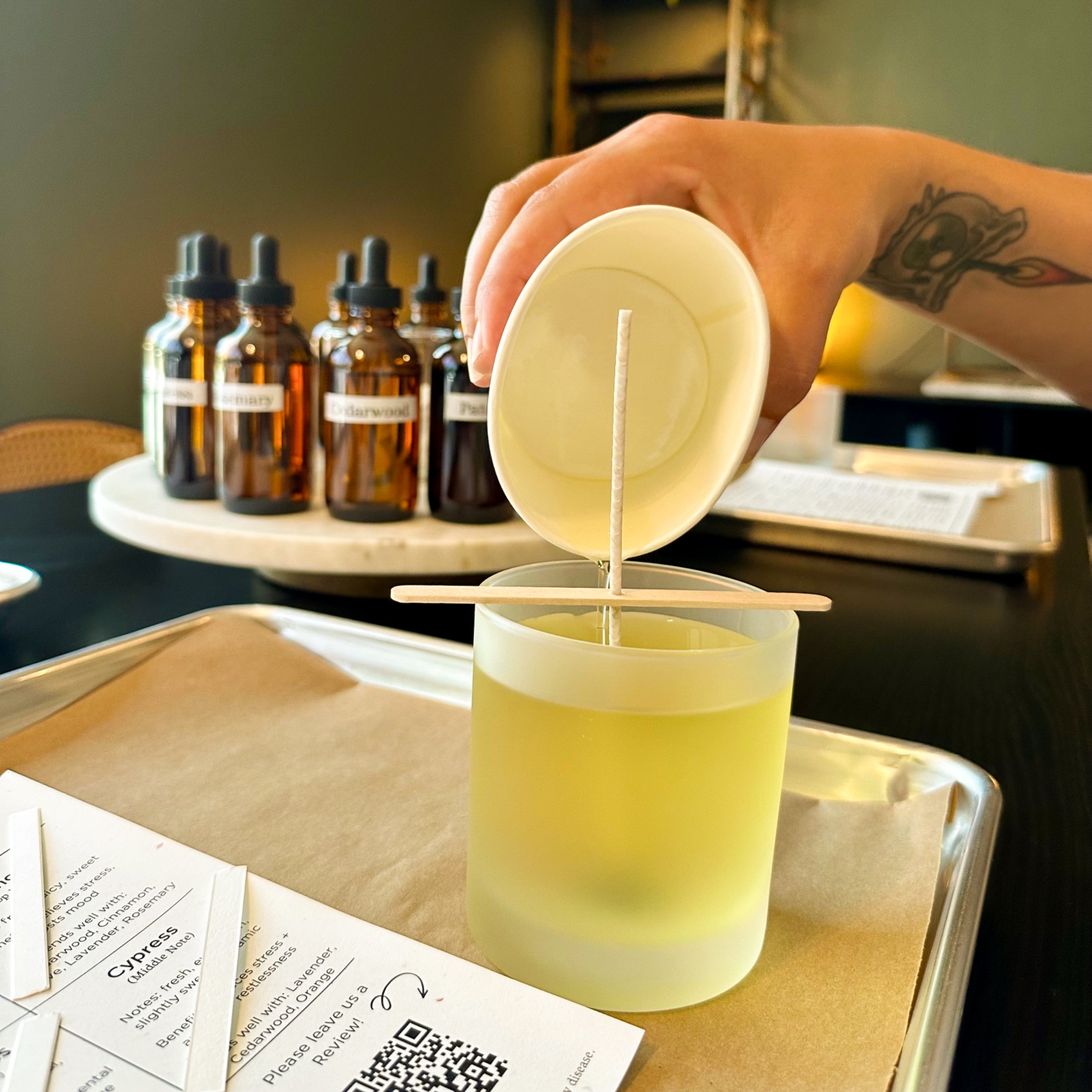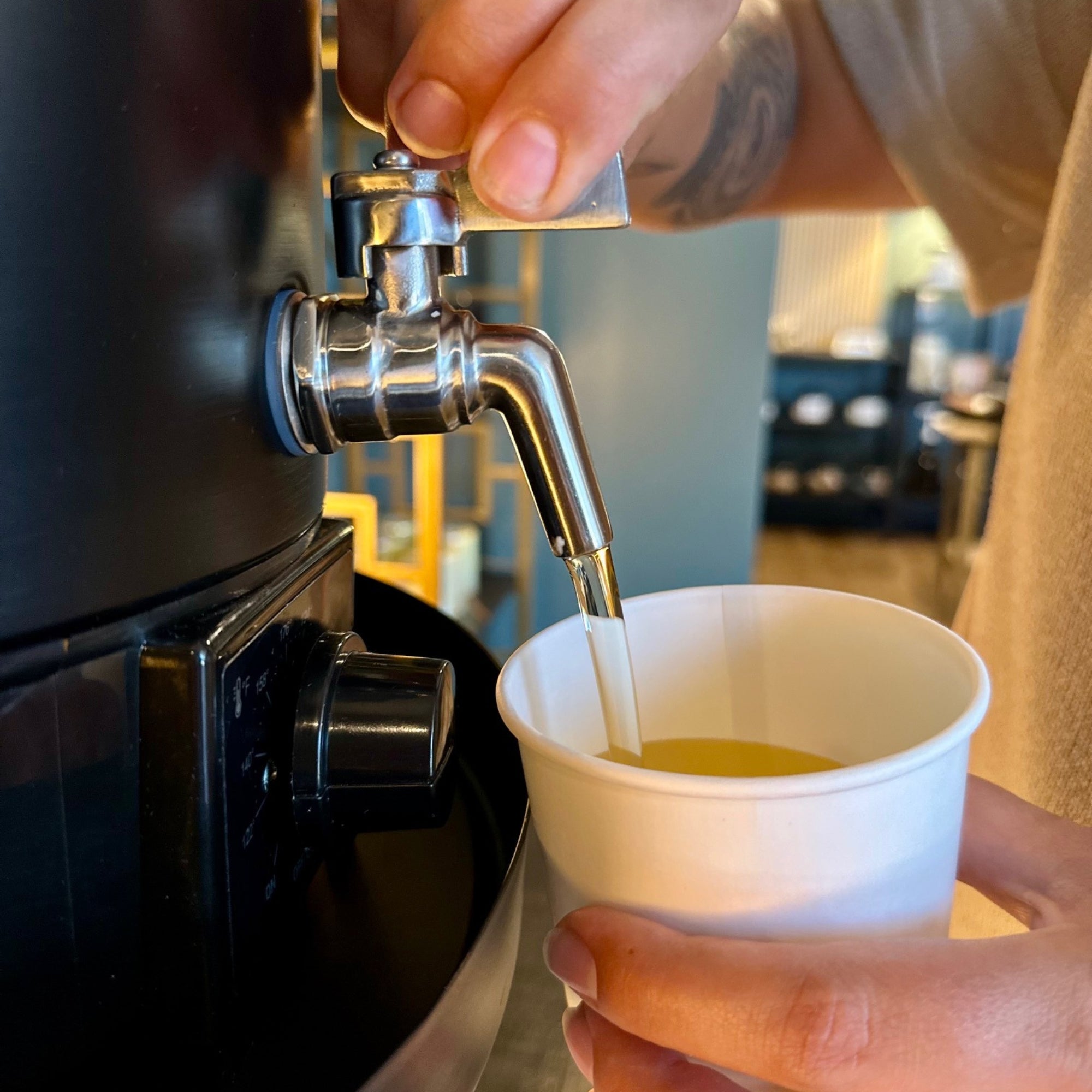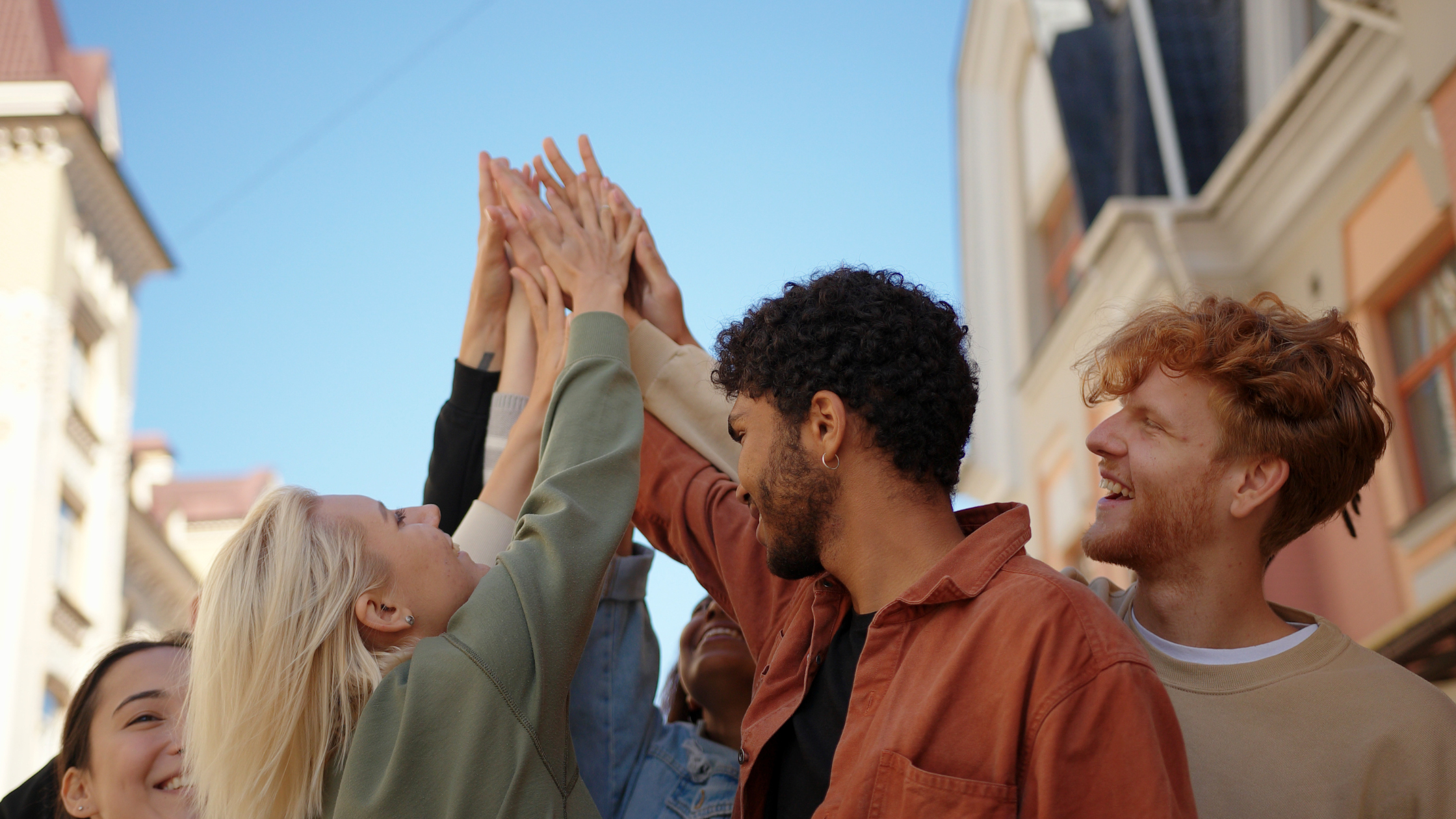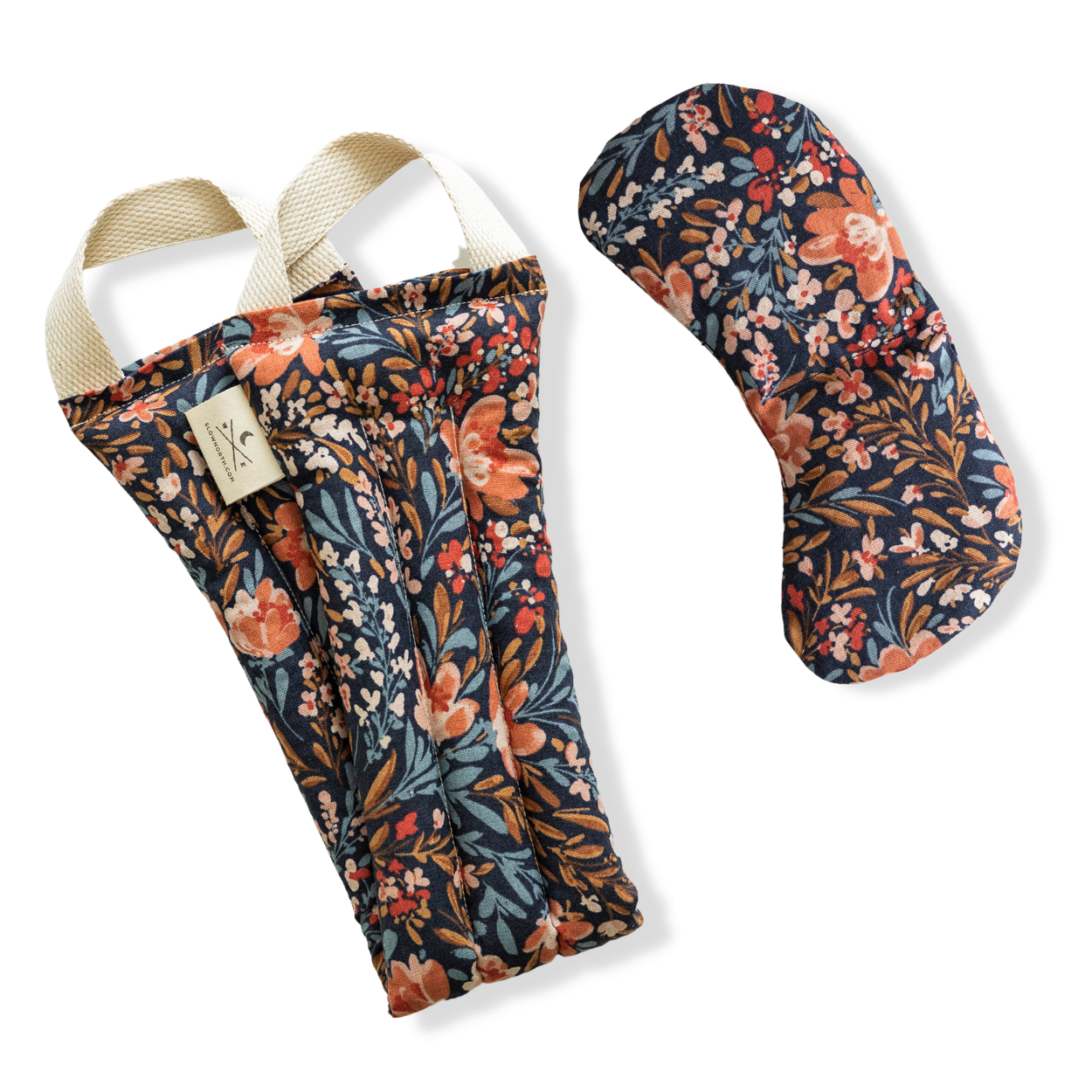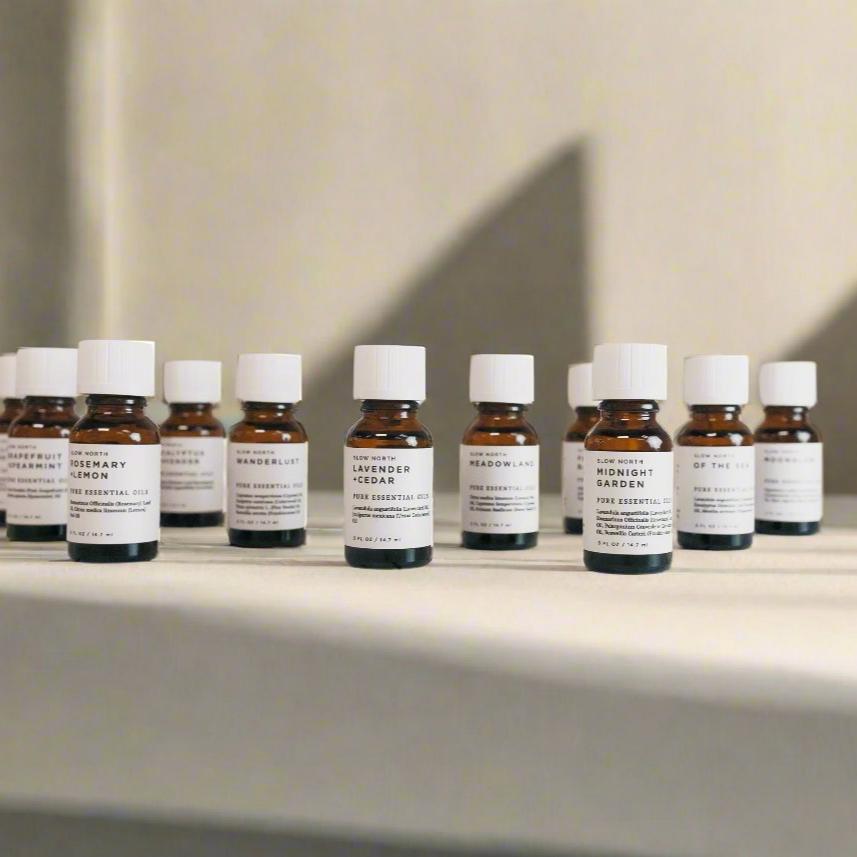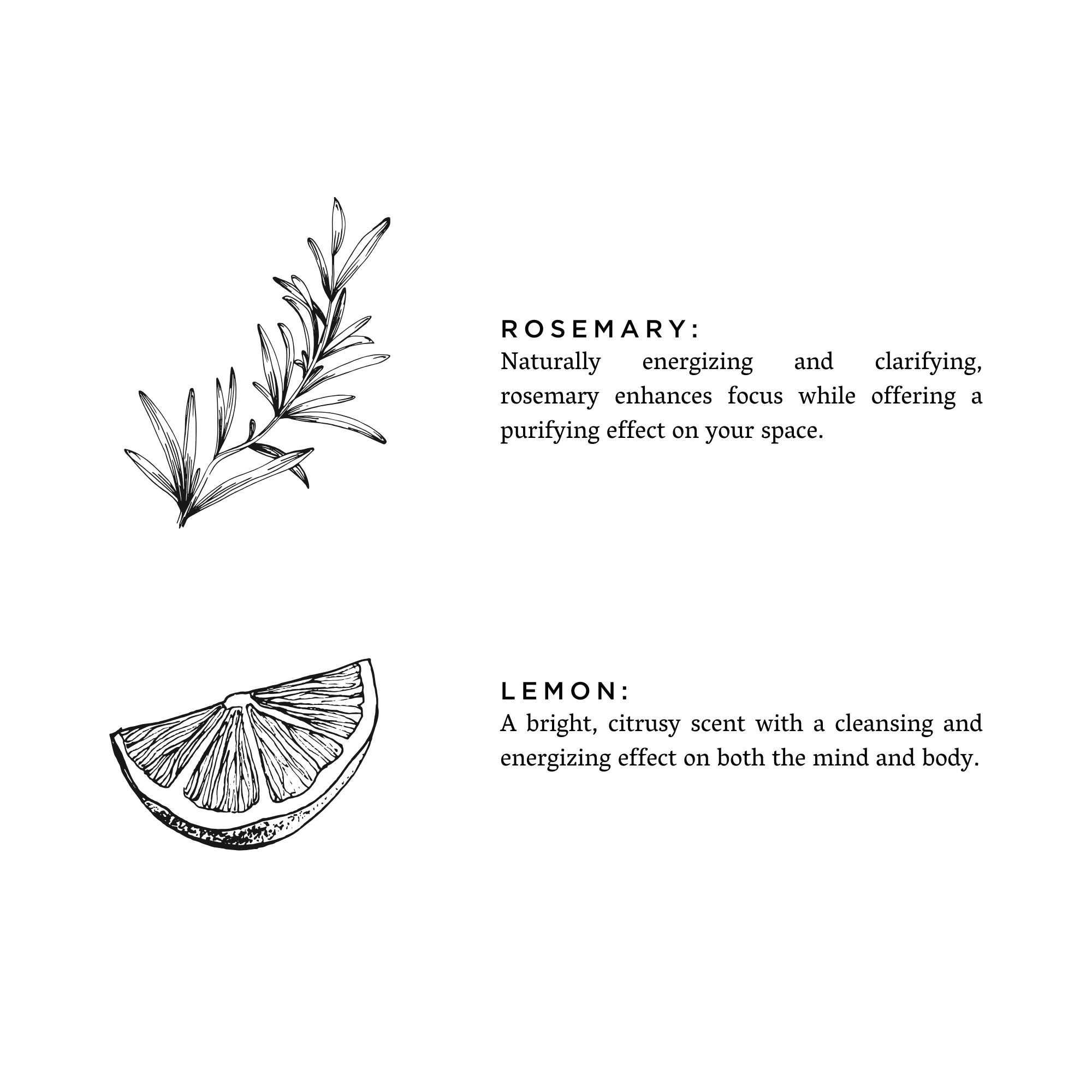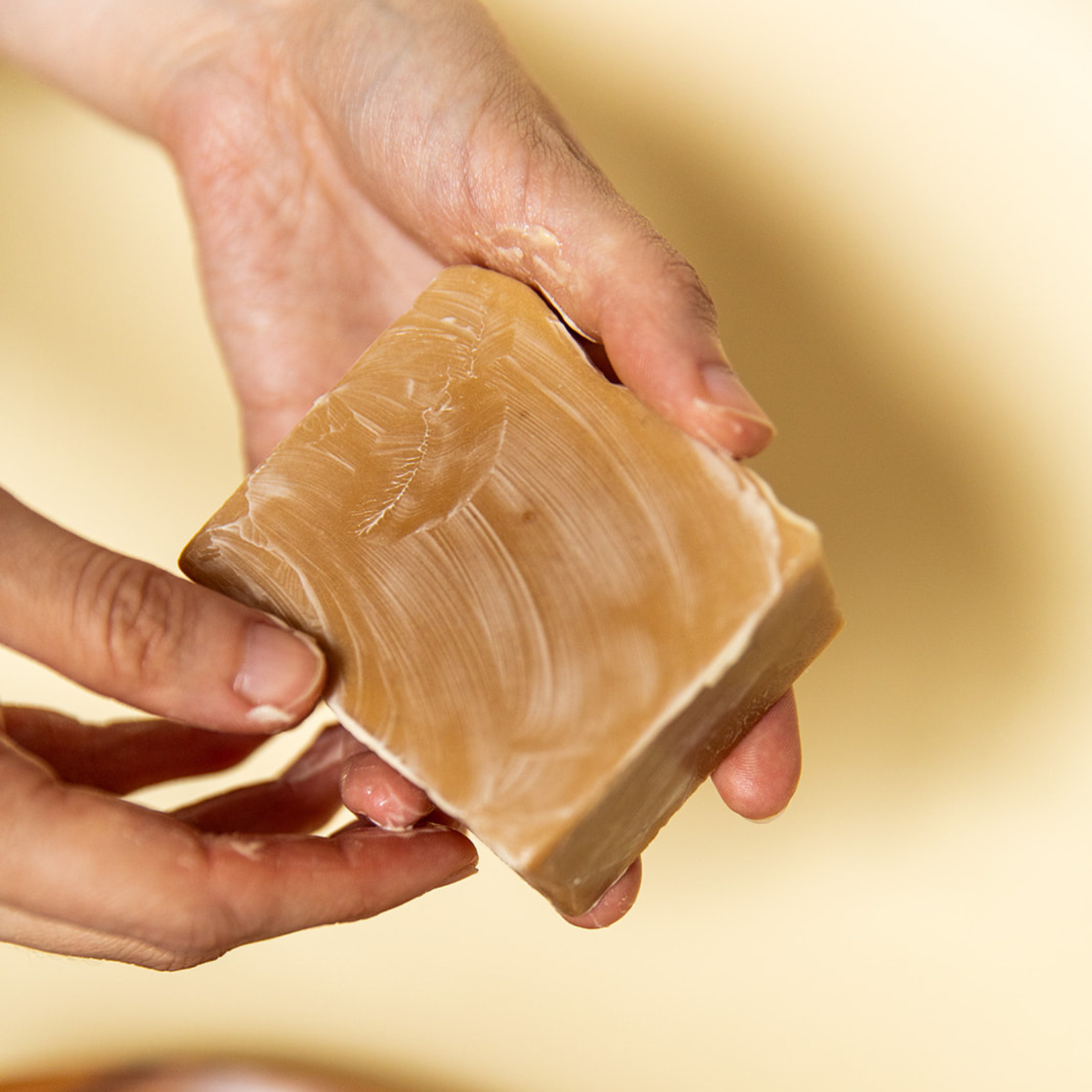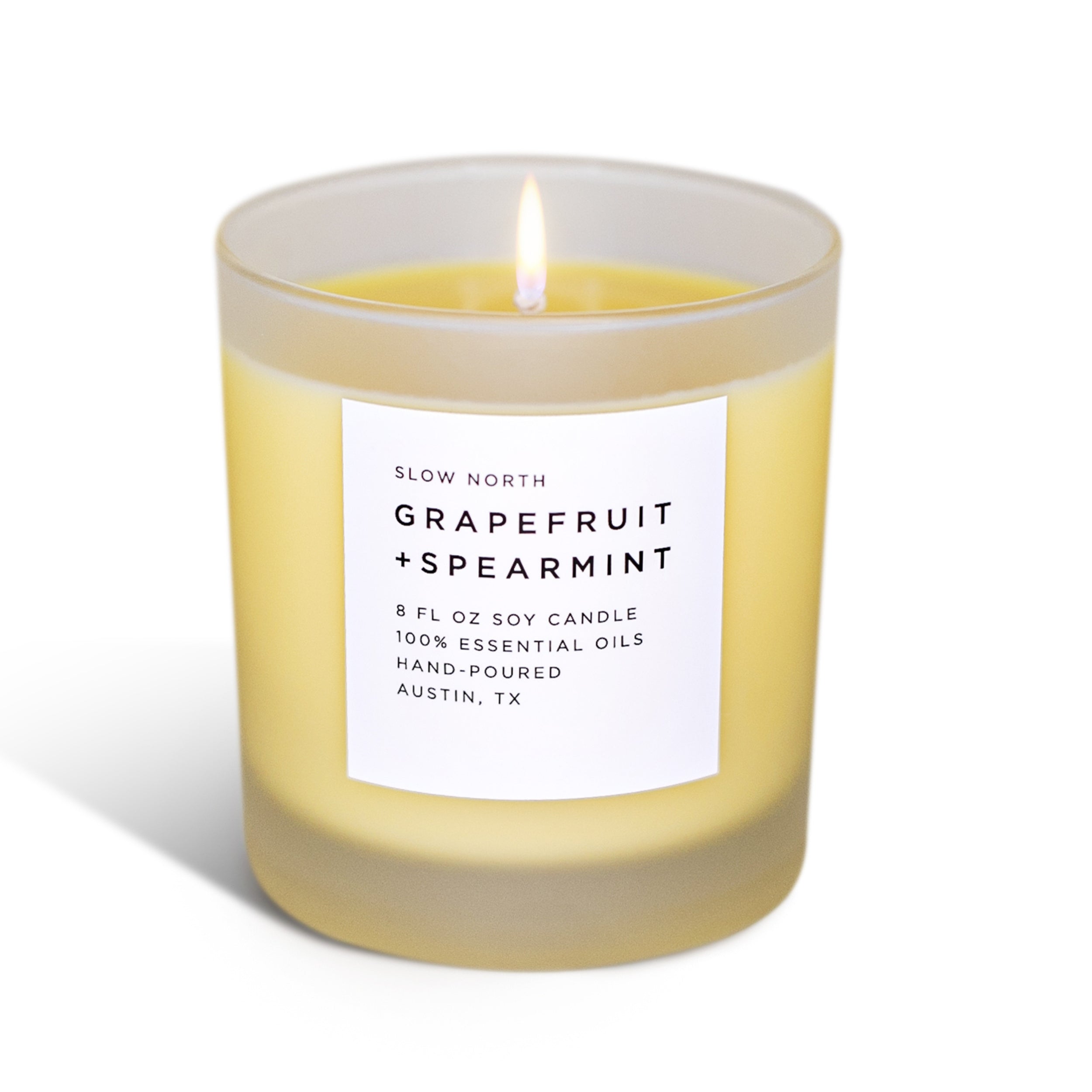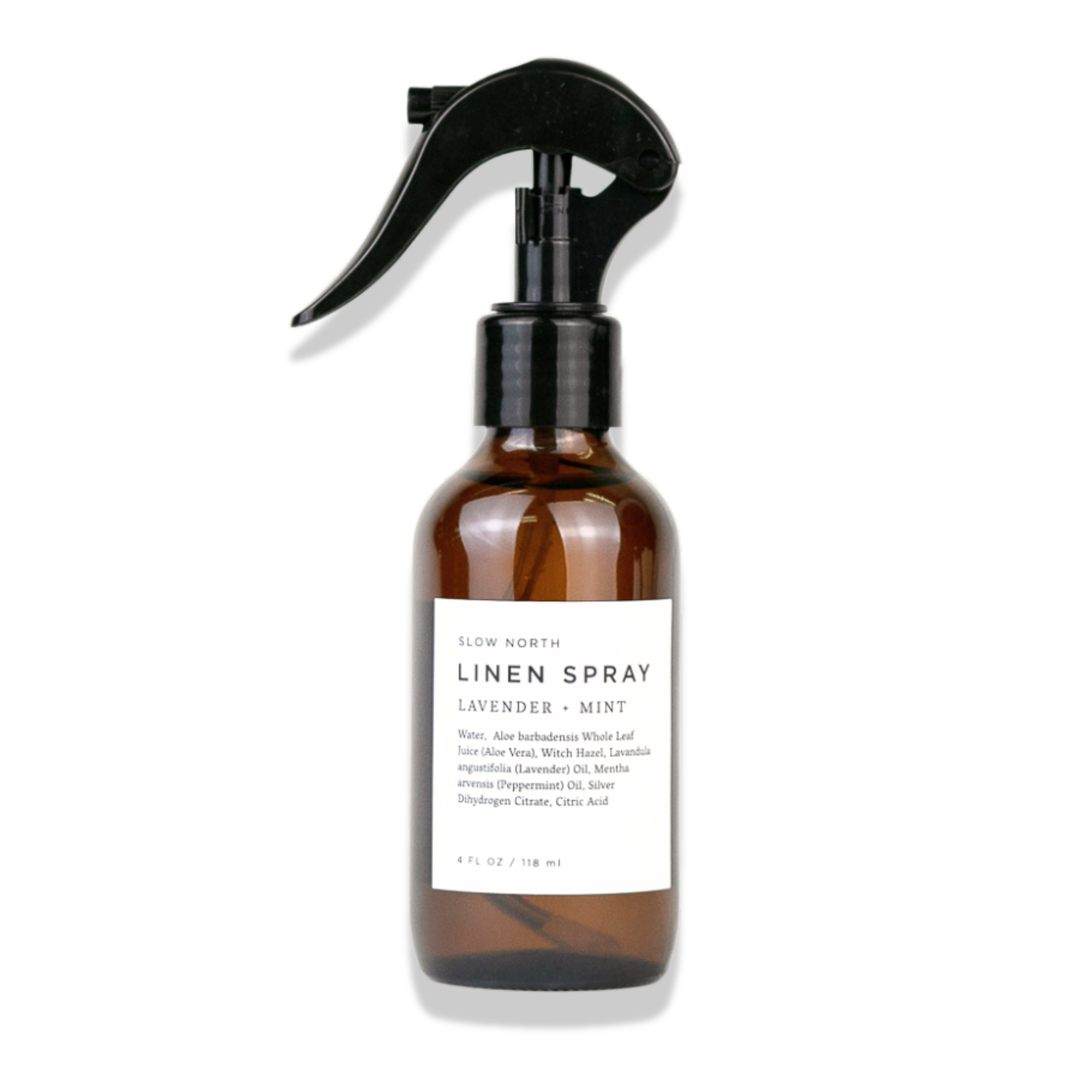
"Injustice anywhere is a threat to justice everywhere. We are caught in an inescapable network of mutuality, tied in a single garment of destiny. Whatever affects one directly, affects all indirectly."
Dr. Martin Luther King Jr. penned these words in a letter sent from jail in Birmingham, Alabama on April 16, 1963.
The first sentence of this quote is pretty widely known, but the first time I read the full quote, I was shocked into melancholy stillness. Of course, the context of this excerpt—and the circumstances under which King wrote them—is melancholy, brimming with anguish and grit.
But there’s something extraordinarily powerful and almost comforting about the quote, specifically the last line: “Whatever affects one directly, affects all indirectly.” Though King acknowledges an extortion of power, this sentence flows with an undercurrent of triumph. It begs the question: If we can wield the power we possess to act as each others’ oppressors, can’t we harness it to become each others’ saviors instead?
I’m not talking about the white savior mentality that is still very much prevalent in our society, by the way. (That’s the idea that white people, or more broadly a white culture, should “rescue” people of color from their own situation.) I’m talking about saving ourselves from the idea that we must subscribe to white supremacist power structures and philosophies. I’m talking about channeling our resources, knowledge, and empathy to work towards weakening the roots of racism in ourselves and in those around us.
Because, as we honor Dr. Martin Luther King Jr.’s legacy on January 16, 2023, we should all remind ourselves that nothing exists in a vacuum. The decisions we make don’t just impact ourselves; they impact us all.
How To Make A Difference This MLK Day
MLK Day is a great day to begin taking action towards positive impact.
Not sure where to start? Try lending a helping hand to your local community! Check out these volunteer opportunities below.

-
Austin Justice Coalition: This Black-led organization serves people impacted by gentrification, segregation, and systematic discrimination.
-
Central Texas Food Bank: Help out food-insecure Texans by assembling food packages, cooking meals, and distributing food at mobile pantries.
-
Caritas of Austin: Put together hygiene and snack kits for people experiencing homelessness in Austin.
If you’d like to take some time to reflect on your own privilege, and how you might benefit from white supremacy, you can start with these gentle journal prompts. They’re not meant to antagonize; they’re meant to guide and reframe perspective to make life better for everyone.

You might also consider supporting Black-owned creators, brands, and artists, like these. Amplify their businesses, products, and art on social media, and stop by in person if you’re in their area!
And if you have the extra time to spare, head to your local bookstore and pick up one (or multiple) of Dr. King’s writings. Why We Can’t Wait is considered one of his most essential works and chronicles his exploration of the events behind the Civil Rights Movement—including his letter from Birmingham Jail.
Dismantling racist power structures is no easy task, nor can it be done in a day. But taking small steps is the key towards making a big impact. And if we hold this immense power to impact one another’s lives, why not use it for good?
Cecilia Seiter
Cecilia is a freelance writer and contributor to Slow North. She writes largely about sustainability, especially as it applies to beauty, wellness, and the future of technology. She is a graduate of the journalism department at Cal Poly, San Luis Obispo and is based in Oakland , CA.









